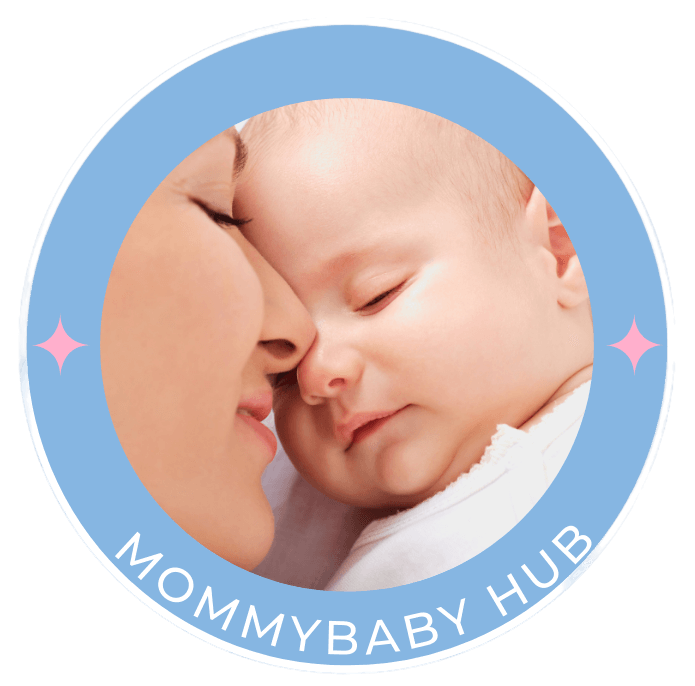A child’s brain development is crucial, and the food that a child eats plays a big role in it. Let’s explore the best foods for a child’s brain development.
Sufficient and proper nutrition is essential for normal development of the brain.

This is crucial, especially during pregnancy and early childhood, when the most rapid formation of the human brain happens. These periods form a basis for the growth of cognitive, motor, and socio-emotional skills throughout infancy and adulthood.
Therefore, nutrient deficiencies during gestation and childhood can have adverse impacts on your baby’s health, well-being, intelligence, and productivity presently and in the future.
Preventing nutrient deficiencies during this period of rapid brain development may have lifetime benefits for your baby. Let’s check out the best foods for this purpose.
Best foods for your baby’s brain development
Breastmilk
Breastmilk composition and breastfeeding experience may improve your baby’s cognitive development. Nutrients, growth factors, and hormones important for brain development are abundant in breast milk. It contains DHA, an omega-3 fatty acid a baby needs for a healthy brain. Choline, an essential nutrient for the production of neurotransmitters for memory, mood, and early brain development, is also abundant in breast milk.
Other dietary sources of choline include meat, poultry products, dairy products, nuts, seeds, and whole grains. The physical act of breastfeeding may strengthen the mother-child relationship, which is important for their cognitive and socio-emotional development.
Iron
Iron is an important component of the hemoglobin molecule, which transports oxygen to all organs in the body, including the brain. It is also associated with mental and motor development during childhood.
Iron deficiency in children under the age of 2 years can cause significant and irreversible effects on brain development. Those effects include lower IQ and poor cognitive function, depression, anxiety problems, and attention deficit hyperactivity disorder. Iron deficiency during pregnancy can also affect the cognitive development of your baby.
Dietary sources of iron
Iron comes in 2 forms. Heme iron and nonheme iron. The body better absorbs heme iron in beef, poultry, chicken liver, and organ meats.

Sources of non-heme iron include beans, green leafy vegetables, lentils, and fortified breakfast cereals. Certain factors can improve or inhibit the absorption of nonheme iron. Taking vitamin C at the same meal can improve the absorption of nonheme iron. On the other hand, large amounts of calcium and plant substances such as phytate and tannin can inhibit the absorption of nonheme iron.
Iodine
Iodine is necessary for the synthesis of thyroid hormones, which is essential for the development of the central nervous system. Thus, adequate iodine intake is necessary for normal brain development.
Severe iodine deficiency during pregnancy may cause underproduction of thyroid hormones, leading to cretinism in your baby. Cretinism is characterized by mental retardation, deaf mutism, facial deformities, and severely stunted growth. Even in the absence of cretinism, iodine deficiency can negatively affect your baby’s intelligence.
By now, you already know that preventing iodine deficiency, especially during pregnancy, is a critical way of promoting healthy brain development in your baby.
Sources of iodine for mom include:
- Dairy products
- Seaweed
- Fish
- Iodized salt
- Eggs
Zinc
Zinc contributes to the brain structure and function through its role in DNA and RNA synthesis. It’s also important in the metabolism of proteins, carbohydrates, and fats. Zinc deficiency causes impaired cognitive development. It can also cause deficits in memory, attention, and learning. Dietary sources of zinc include dairy products, pork, beef, seeds, nuts, beans, peas, and seafood.
Folate
During early pregnancy, your baby develops a neural tube. Folic acid helps form the neural tube. It is essential because it can help in preventing major birth defects such as anencephaly, the defect that affects the baby’s brain, and spina bifida, the defect of the baby’s spine. Dark green vegetables, beans, peas, and nuts are common sources of folate. Folic acid is a synthetic folate found in fortified foods such as cereals and pasta. It is also found as a supplement.
When your baby is adequately nourished from pregnancy through early childhood, they get the essential nutrients required for the rapid development of the brain. This establishes a basis for lifetime brain function for your baby. Having a well-balanced diet with energy-giving foods, healthy oils, proteins, and micronutrients during pregnancy and the breastfeeding period will help you achieve the increased need for normal growth and development of your baby.
